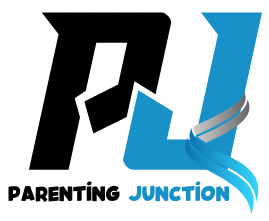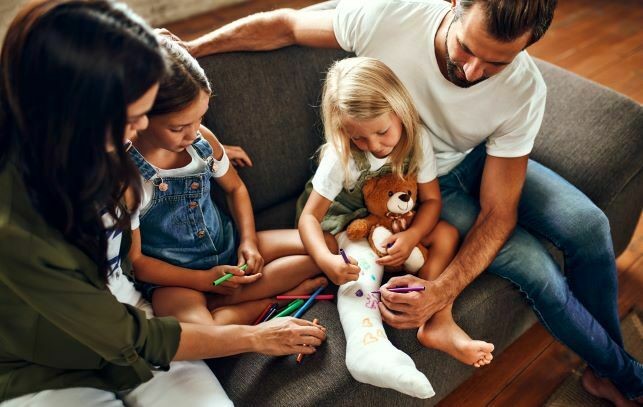Childhood trauma can leave deep scars that affect how you parent and connect with your children. Facing your own past wounds while raising a family is challenging but also an opportunity to break negative cycles and create a healthier environment for your kids. Here are 10 important steps for parents managing childhood trauma to heal and nurture their families.
- Acknowledge Your Trauma
The first step is recognizing and accepting that your childhood experiences have impacted you. Denial or suppression only prolongs pain and affects your parenting unconsciously.
- Seek Professional Support
Therapists, counselors, or support groups trained in trauma can provide safe spaces to process your past. Professional guidance helps you develop coping tools and emotional resilience.
- Practice Self-Compassion
Healing takes time. Be gentle with yourself and avoid self-blame. Understand that struggling with trauma does not make you a bad parent; it makes you human.

Source: https://genmindful.com/guide/childhood-trauma
- Learn About Trauma’s Effects on Parenting
Understanding how trauma influences behavior—like triggers, emotional regulation, or attachment—empowers you to respond differently and more mindfully.
- Set Healthy Boundaries
Protect your emotional and physical space. Boundaries help prevent retraumatization and teach your children how to respect themselves and others.
- Create Safe Emotional Spaces for Your Children
Trauma can make it hard to trust or express feelings. Show your children that home is a safe place to share emotions without judgment or fear.
- Develop Mindful Parenting Practices
Slow down and tune into your reactions. Techniques like deep breathing, pausing before responding, and staying present help break automatic trauma-driven patterns.
- Communicate Openly with Your Family
Age-appropriate honesty about your feelings can foster trust and emotional closeness. It also models healthy communication and vulnerability for your kids.

Source: https://www.virtualemdr.com/blog/your-childhood-trauma-is-not-your-fault
- Build a Support Network
Surround yourself with trusted friends, family, or parenting groups who understand your journey. Connection combats isolation and provides encouragement.
- Celebrate Growth and Progress
Healing isn’t linear, but every step forward matters. Acknowledge moments when you respond differently, manage triggers, or connect deeply with your child.





